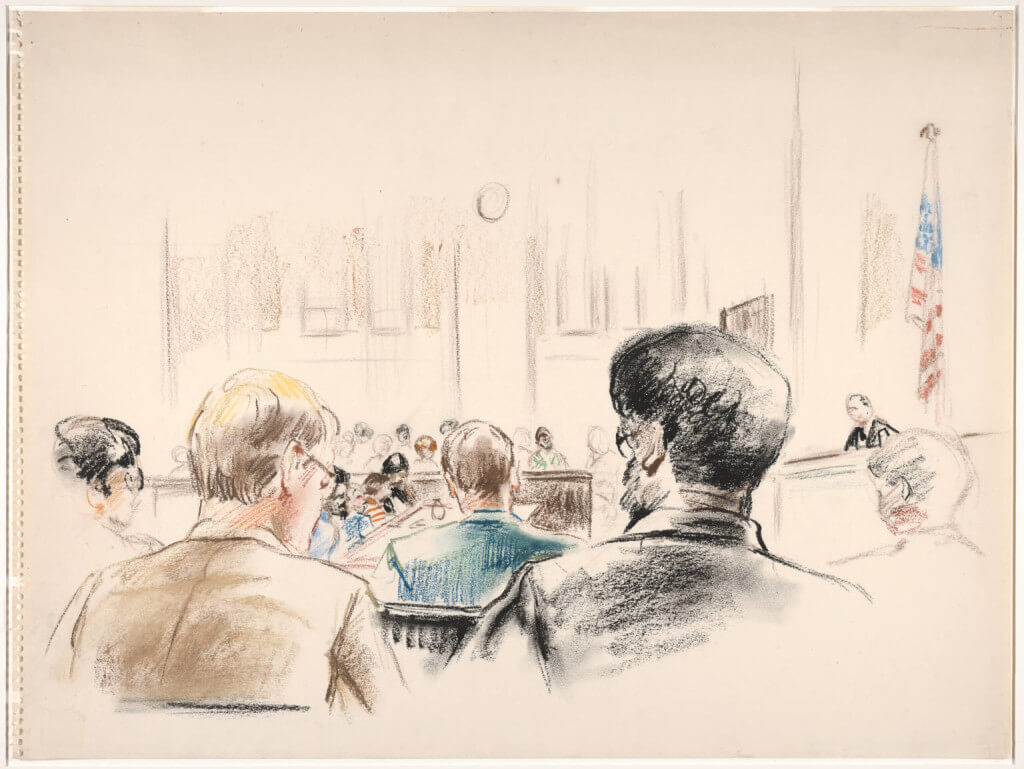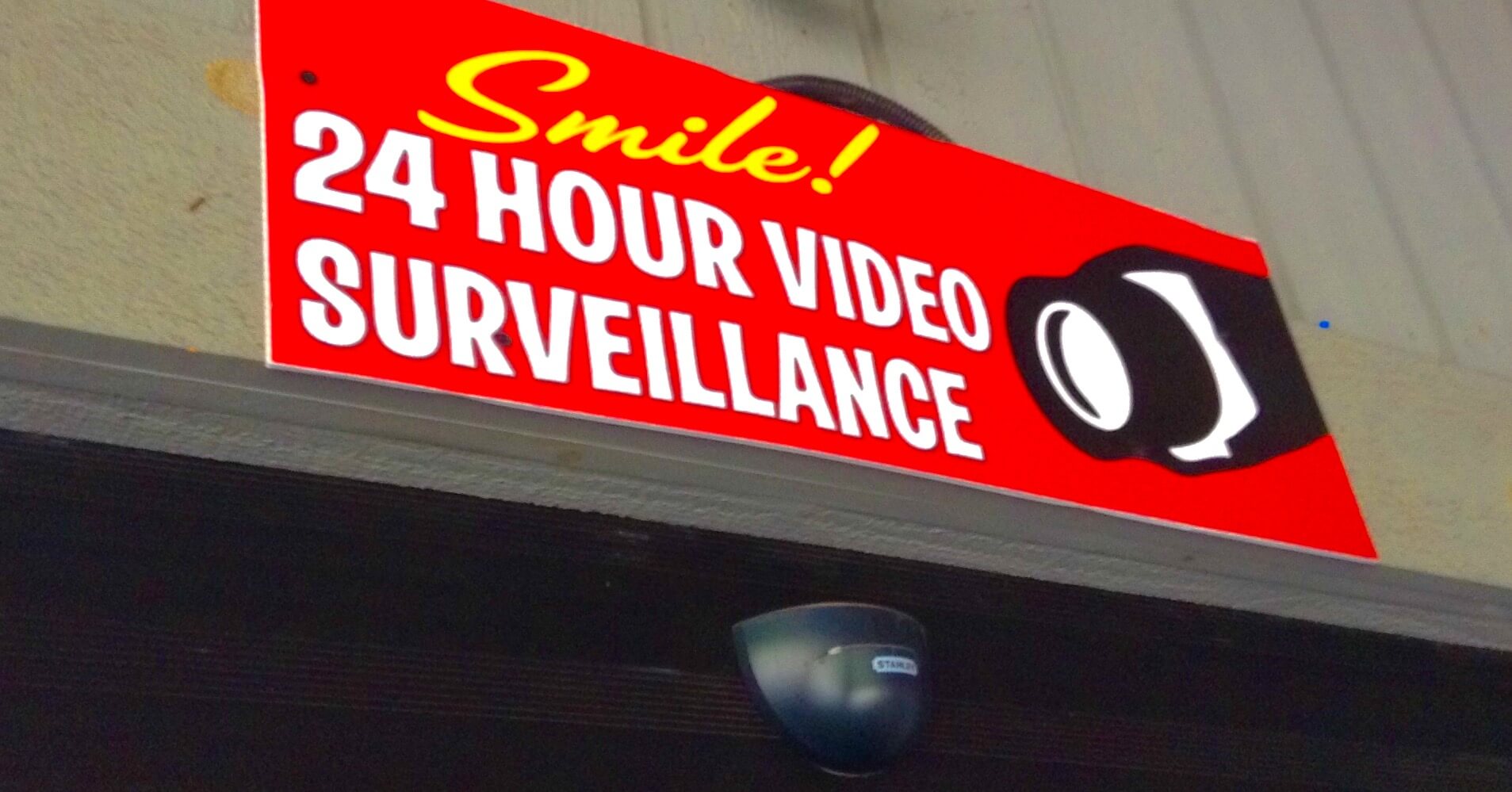If you’ve been reading the articles on this site, or if you know anything about private investigators at all, you probably realize that they get involved in a lot of court cases. Often this happens when the investigator uncovers a crime in the course of their search, like in the case of a fraud investigation, or a missing person investigation that leads to a kidnapping. But private investigators are called on to testify in all kinds of civil trials as well; infidelity investigations lead to divorce court, accident investigations lead to tort cases. Given that most private investigators’ jobs are “legal” in some sense, you might be wondering, “what is a legal investigator?”
Legal investigation is a subspecialty of private investigation. Legal investigators are investigators whose work directly supports lawyers. Often large law firms or public defender’s offices employ their own staff of detectives who conduct legal investigations to support their cases. Even prosecutors often have their own legal investigation team that works alongside the police, performing many of the same duties, but with more of a focus on attaining convictions than simply solving a case.
Legal investigators aren’t just the in-house employees of lawyers, though. Many law firms aren’t big enough to have a full-time staff of trained legal investigators, so independent private investigators are often hired by lawyers to perform legal investigations. Although any private investigator could be hired as a legal investigator, ideally those who offer their services to law firms will have a fair amount of experience with legal investigations so that they can meet the needs of their clients.

What does a legal investigator actually do?
A legal investigator basically does the same thing as any private investigator, with the exception that they do it with a lawyer’s needs in mind. This means they must often be prepared to testify in court at the end of the investigation. Even if they don’t testify, legal investigators must have some knowledge of the legal system. They need to understand what kind of evidence is admissible in court and what kinds of evidence are persuasive. While every investigator must be somewhat methodical and take good notes to report to his client, the standard is higher for a legal investigator, whose evidence must hold up in court, and who might even be questioned by a judge or cross-examined by opposing counsel.
National Association of Legal Investigators
Formed in 1967, the National Association of Legal Investigators (NALI) is the oldest professional association for legal investigators. NALI is a nationally recognized organization that is open to anybody with at least two years of full-time experience as an investigator. With membership to the organization comes access to an international network of experienced legal investigators with a range of different specialties. Members may tap into this network to get assistance on cases, calling on the specialized expertise their fellow investigators.
In addition, the National Association of Legal Investigators provides an internationally recognized certification program so that any member who completes the required training and education can become a certified legal investigator.
A National Association of Legal Investigators membership and certification is just one credential that makes someone a legal investigator. Legal investigators come from all kinds of specialties and backgrounds, from civil defense investigators who help guard against fraudulent and exaggerated tort claims, to prosecution investigators who add a bit of legal expertise to law enforcement efforts.




